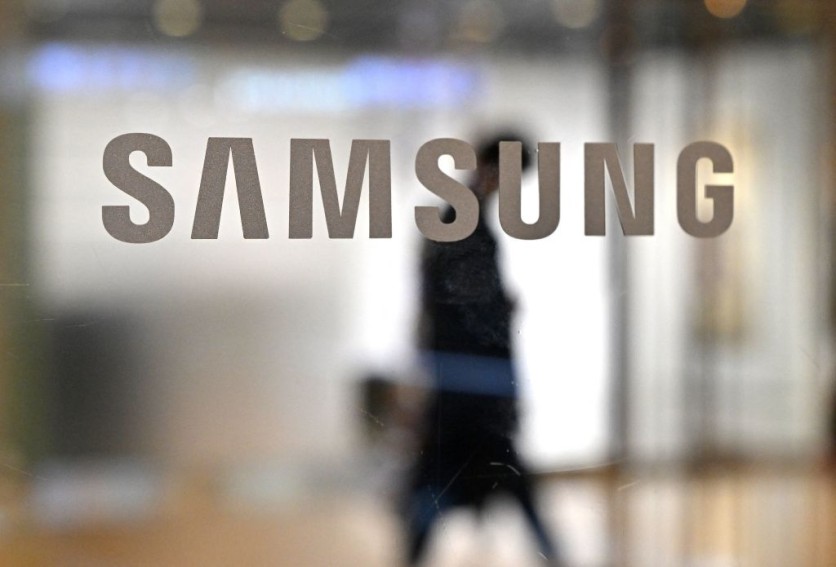Samsung Electronics, the world's largest memory chip maker, is facing a major setback as it anticipates its lowest operating profit since the first quarter of 2009, according to a report by TechCrunch on Friday, April 7.

Reducing Memory Chip Production
The company announced on Friday that it plans to reduce memory chip production due to an oversupply of chips, a global economic slowdown, and slow demand.
In response to these challenges, Samsung is taking steps to optimize its line operations while continuing to invest in infrastructure and research & development.
According to the preliminary earnings release, Samsung is projected to post a quarterly profit of 600 billion won ($450 million) from January to March. This represents a drop of 95.8% from the 14.12 trillion won the company earned in Q1 2022.
The results are well below analysts' expectations, who were anticipating a quarterly profit of 1.4 trillion won. The company's revenue is also expected to decline from 77.78 trillion won a year earlier to 63 trillion won in the first quarter of 2023.
Samsung had previously stated that it would not reduce its memory chip investment even though there is sluggish demand, as it expects the memory chip market to bounce back in the second quarter of 2023.
However, in the face of the current market conditions, the company has decided to cut back on memory chip production to a meaningful level. The move will help Samsung secure enough memory chip volume for future demand.
The company's counterparts, including Micron Technology, Kioxia, and SK Hynix, have already reduced their memory chip production to counter oversupply as well, according to TechCrunch.
Nevertheless, Samsung still holds the largest global market share of 40.7% and 31.4% in DRAM memory chips and NAND flash memory, respectively, as of the third quarter of 2022.
Read Also : Samsung to Bring Galaxy S23 FE, the Budget Variant of its Flagship Smartphones, Allegedly by End of Year
Decreasing Prices of DRAM and NAND
In the first quarter of 2023, DRAM and NAND prices decreased by roughly 20% and 15%, respectively, according to a recent TrendForce report.
The difficulties Samsung is facing as it tries to hold onto its position in the memory chip market have been made worse by this price fall.
Samsung's decision to cut back on memory chip production is significant as it is one of the company's most profitable businesses.
Last month, Samsung announced it would invest $230 billion (300 trillion won) in building five new memory and foundry fabs in South Korea for the next two decades. This investment is in line with the South Korean government's plan to create a mega semiconductor hub in Yongin.
The tech giant will release its full financial statement at the end of April, which will include net profit and earnings by sector. Investors will be keenly watching the company's performance and its plans for the future.
Related Article : Samsung Bixby Voice Assist Update Gives New Child-Friendly Feature: Music, Games, Stories, and Ask Questions

ⓒ 2025 TECHTIMES.com All rights reserved. Do not reproduce without permission.




